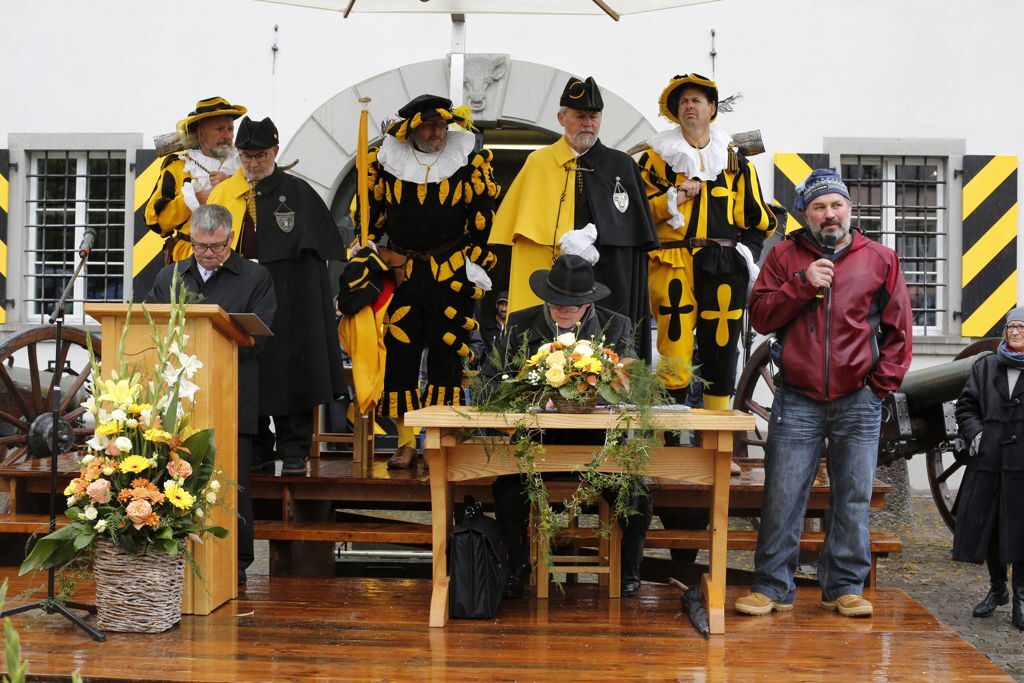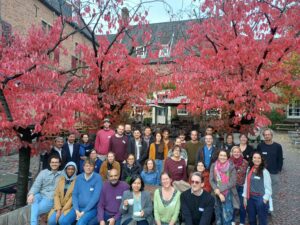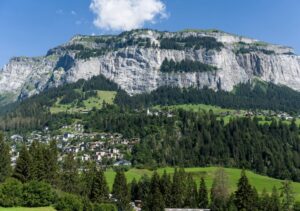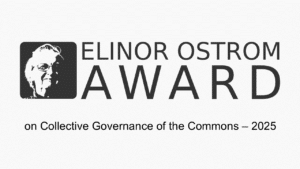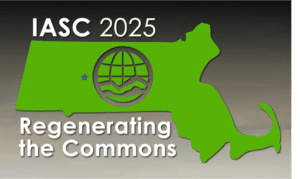On November 22-23, 2019, a workshop on “Historical forms of sustainability – models for the future? Collective forests and pastures in a European comparison” was held at the University of Bern, Switzerland.
Sustainability defined as trans-generational thinking and acting is at the heart of communal organizations and their common property institutions. Sustainability in the sense of robustness of common property institutions has also been one of the key elements in the works of Elinor Ostrom and other commons scholars. In order to investigate such forms of dynamic sustainability further, the organizers of the Bern Workshop proposed a historical analysis at the intersection of three approaches that can be seen as particularly well suited for comparison from a European perspective:
- Role of the commons in agricultural and forest modernization
- Land use intensities and the organization of space
- Rituals of balance
Seventeen speakers from eight countries presented their reflections on these approaches based on their case studies. The diverse contributions covered spatially different parts of Europe and ranged from the 18th century to the present. On this basis, various working groups formulated the following key questions and considerations for further research:
- From the perspective of resilience (ecological, social and economic), how do local groups and communities respond to changes (shocks) and then scale this up within an overarching framework? The results need to make sense locally, nationally, regionally and across Europe.
- Central objects of research are the impact of ideological/economic struggles over time in favor of or against commons, as well as the impact of external sources of power on the commons and the means by which new forms of land use and organization come to be legitimized. The rise of ‘expert knowledge’ in the 18th century and the creation of professions who claim privileged positions has been found particularly important in shaping the discourse and decision-making on changing the existing patterns of use.
- Development of the ecological discourse (also green grab) is partly met in funds dedicated to and around nature-based solutions. Commons would be a complex example and one that needs to be included in the conversation, as the social and natural resources are closely intertwined. Linking commons to the delivery of Sustainable Development Goals needs further assessment.
- Understanding the role of gender in rural areas needs both historical and contemporary perspectives – a gap that is particularly relevant for the developments in the European Union.
- Systematic combination of historical sources of spatial organization with those of intensity of use has innovative research potential.
The workshop was organized by IASC-Member Martin Stuber and his colleague Rahel Wunderli from the Historical Institute of the University of Bern (SNF-project SCALES). The main goal of the workshop was initiation of a network, to be strengthened through further exchange in similar events. Participants also stressed their readiness to continue collaboration on a number of the workshop questions through concrete project proposals.

